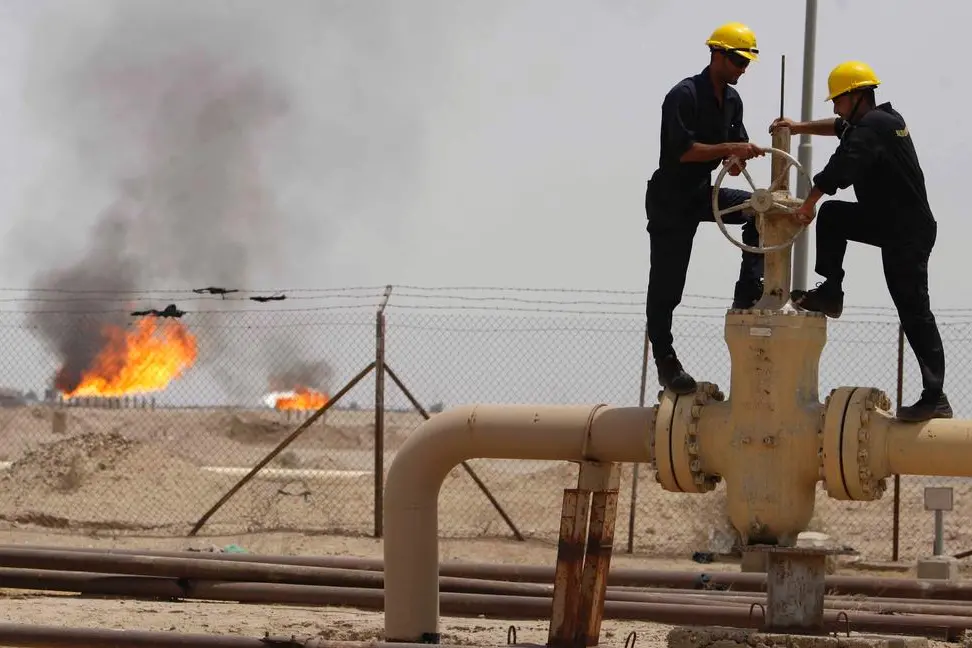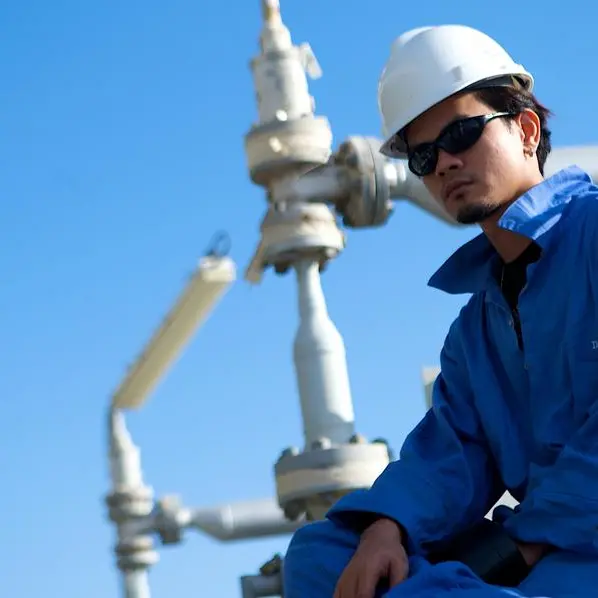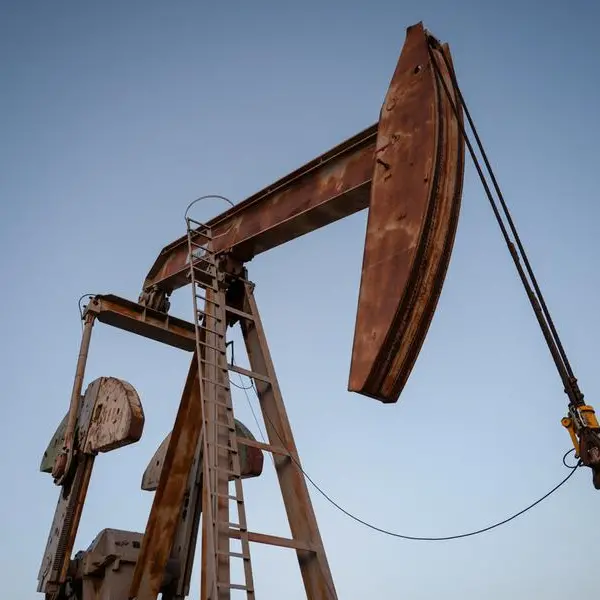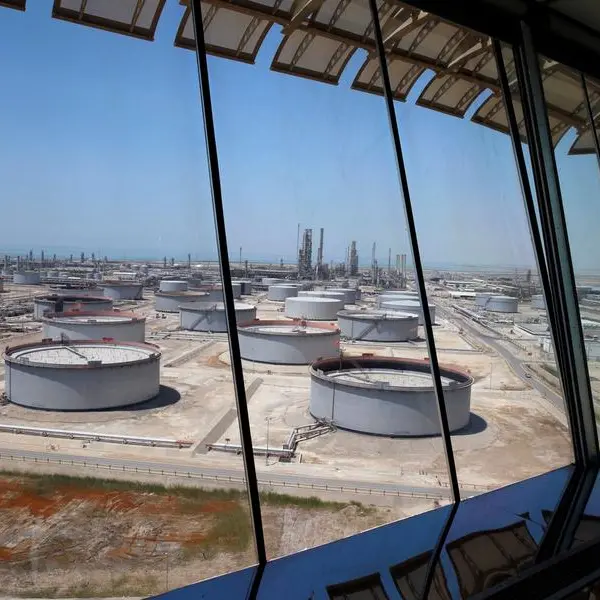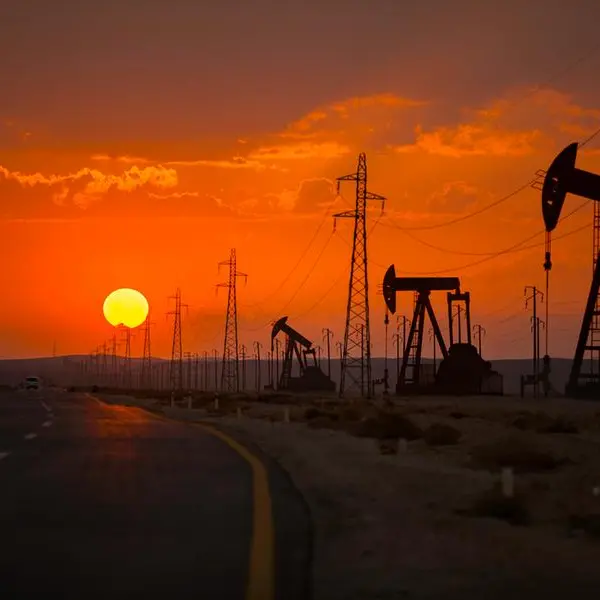PHOTO
Iraq is facing a growing electricity crisis as soaring summer temperatures coincide with the expiration of US sanctions waivers, cutting off critical gas imports from Iran, Iraq’s Shafaq news agency said on Thursday.
“Iraq has lots of gas reserves, but most of it is associated with oil production, and their gas transport and processing infrastructure is underdeveloped,” it said, quoting Paul Sullivan, Professor of Energy Security at Johns Hopkins University.
Sullivan urged domestic investment in the gas sector, stressing “the solution for Iraq is to develop its internal resources and infrastructure for gas. But that will take some time.”
Iraq currently imports around 50 million cubic feet of Iranian gas daily—roughly two-thirds of its power generation capacity—according to government spokesperson Basim al-Awadi. However, the expiration of US sanctions waivers on 7 March has severely disrupted those imports, leading to nationwide blackouts.
Sullivan characterised the situation as “extremely difficult,” warning that Iraq is trapped in a time-sensitive crisis.
While some have suggested switching to floating LNG terminals, he noted, “Even getting FLNG ships docked and ready to import will take time.”
The professor also pointed out that Germany was able to adapt quickly after losing Russian supplies, but emphasised that Iraq faces a very different set of logistical and financial constraints
Muhyiddin Qassar, a former economics professor at the US Northwestern University, said that reinstating the waiver remains politically uncertain.
“Trump could reverse course, but right now he’s using energy policy as leverage in nuclear talks with Iran,” he observed.
In a recent report, Iraq’s Ministry of Electricity said that generation capacity is estimated at around 28,000 megawatts (MW)—far short of the estimated 50,000 MW needed to meet peak summer demand. The resulting shortfall is already causing grid instability and power outages.
Iraq is now evaluating LNG imports from Qatar and Oman, and pipeline gas from Turkmenistan. However, Sullivan cautioned that gas from Turkmenistan would likely need to transit through Iran—a route now politically complicated. “That doesn’t seem feasible at the moment.”
While the Iraqi government has expressed a long-term goal of gas self-sufficiency, Sullivan stressed the urgency of acting on multiple fronts.
“With serious investment, it’s possible over the long term. But they need to move fast and pursue parallel strategies, including storage development and alternative generation sources,” he noted.
(Writing by Nadim Kawach; Editing by Anoop Menon)
Subscribe to our Projects' PULSE newsletter that brings you trustworthy news, updates and insights on project activities, developments, and partnerships across sectors in the Middle East and Africa.
